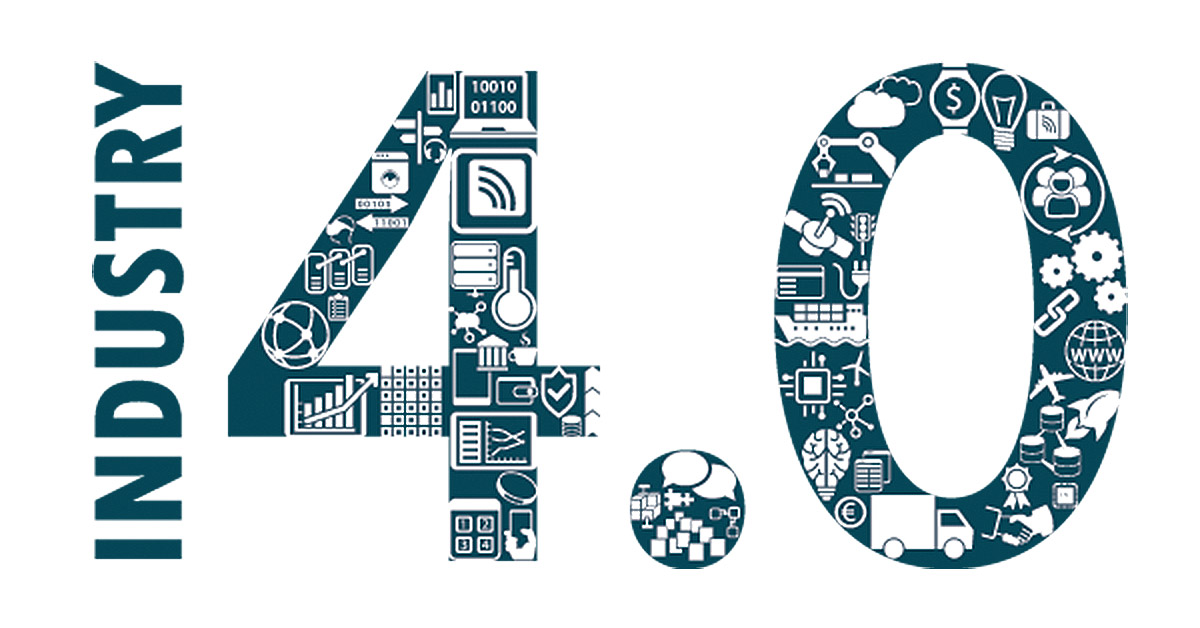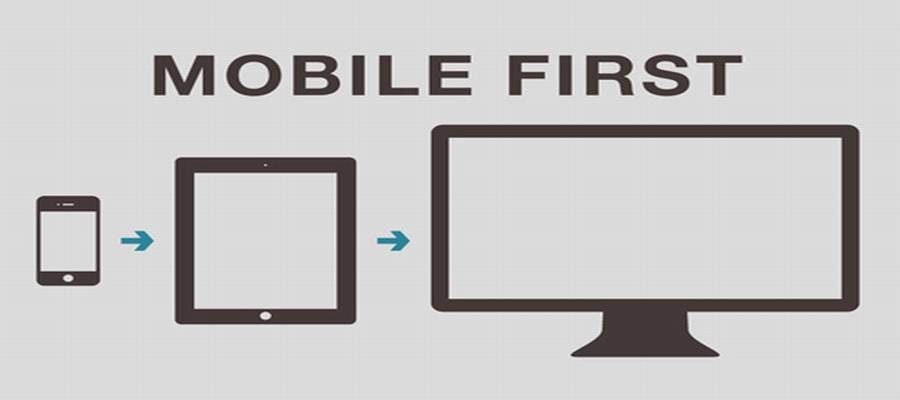The 4th Industrial Revolution in Organisations
4th Industry Revolution Defined
The term 4th industry is a widely used term, can be
considered as the recent trend in which automation and data exchange in terms
of manufacturing technologies. The 4th Industrial revolution includes
cyber-physical systems, Internet of things, Artificial Intelligence which can be
considered as cloud computing and cognitive computing. It can also be referred to
as Industrie 4.0. it continues to grow within industries.
4th Industry Revolution Background
It is stated that the first to the third industry has taken
place for over 200 years, the first industrial revolution that took place was
more focused on mechanical looms which were driven by steam engines, the second
industry took place about 100 years later in the slaughterhouses, climaxing at the
production of the Ford Model T, and the third took place in 1967 which led to
the first programmable logic controller which allowed automation systems to take
place. While the 4th and current industry leads to the introduction
of internet technologies in the working environment.

4th industry revolution now


The 4th industrial revolution may have a negative
impact in terms of creating inequality within the global, while also increasing
the use of Artificial intelligence within the economy, this may have a negative
impact on the comparative and competitive advantage, which is mostly the case
in most of the organisations. It will bring
challenges such as job loss for individuals as most organisation may tend to
look towards robots or artificial intelligence.
Priorities in the next 1-2 years
Individuals who had conducted the interview had emphasized
that the most important factor that one had to consider within in the next 1-2
years, would be digital delivery, this was according to 37% of the participants.
Connected and linked data was one of the
most mentioned by the interviewees as individuals assume that getting external
and internal data to work together is an essential part for organisations, most
interviewees also emphasized more innovation in the same per as connected data,
in both technical and tools which will lead to more effective and efficient for
an organisation. Mobile First is also considered
as a vital point in terms of getting more data available at all required time.
Big Data was also seen as an important factor to consider as it can impact and influence
information teams in a firm. Lastly information vendors as the interviewees
felt that there less barriers preventing new entrants of vendors. As such organisations
need more targeted sales.

Fun Fact😃😃😃
We have become...
Comments
Post a Comment